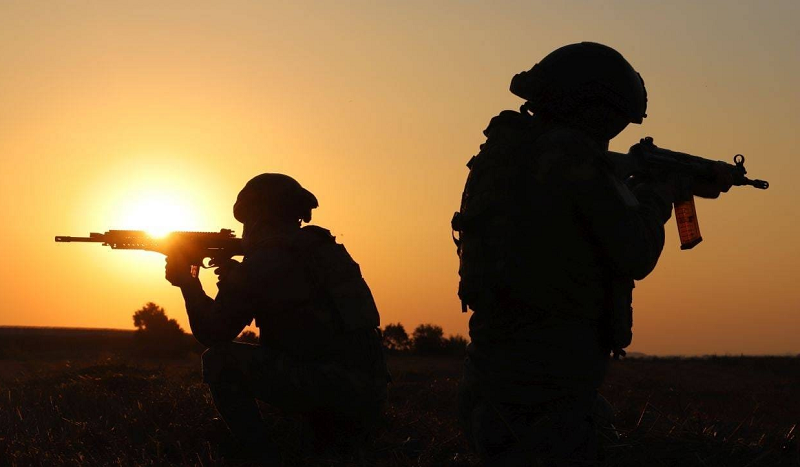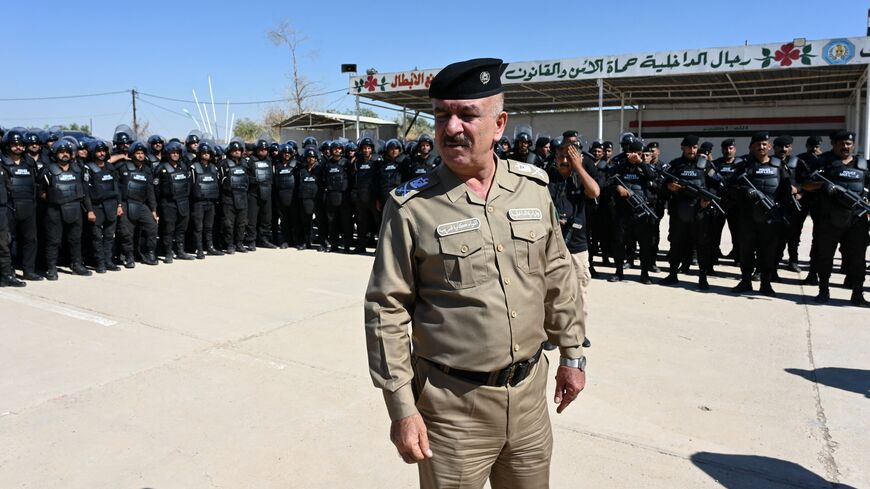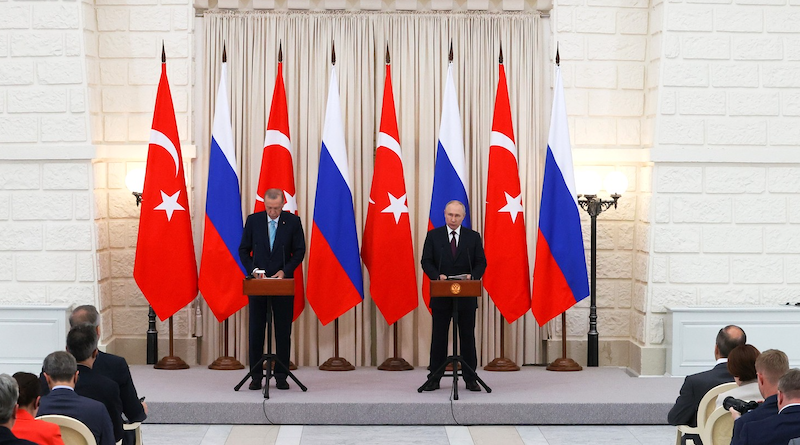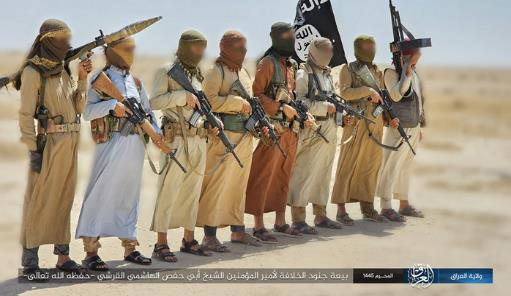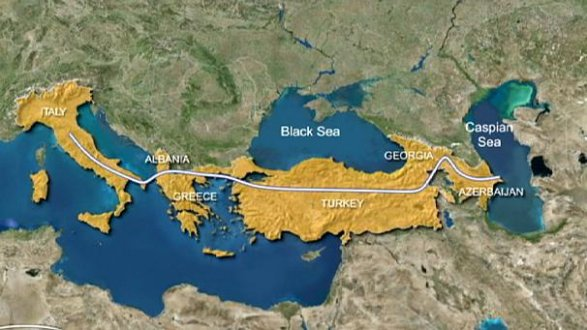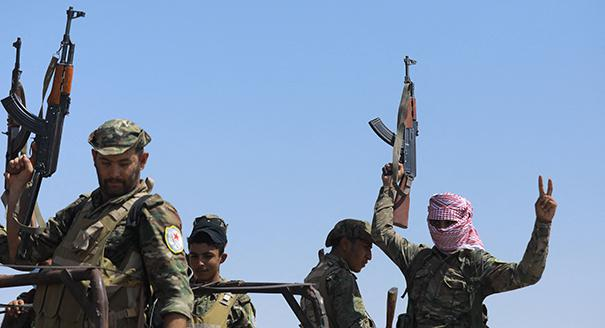Iran, Russia, and the Caspian environmental crisis: A need for collaboration
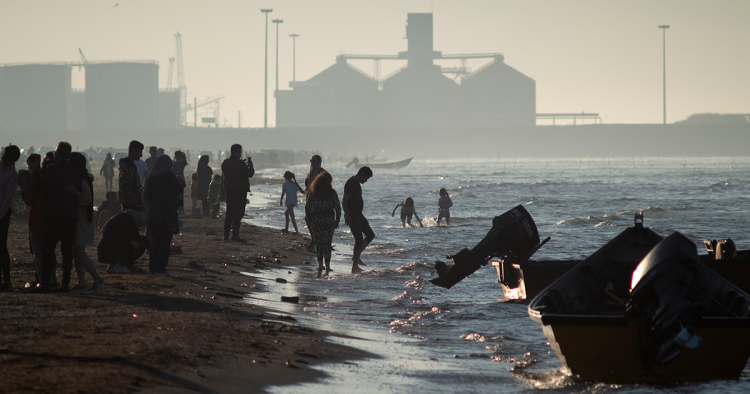
The Caspian Sea, the world’s largest inland body of water, is steadily shrinking. Water levels reached a critical low in 2022 and continue to fall by 6-7 centimeters per year, with some projections suggesting it could drop by as much as 9-18 meters by the end of the century. Although the five littoral states — Iran, Azerbaijan, Russia, Kazakhstan, and Turkmenistan — have a history of making efforts to maintain it, the unique environment of the Caspian basin has been in decline in recent years.

